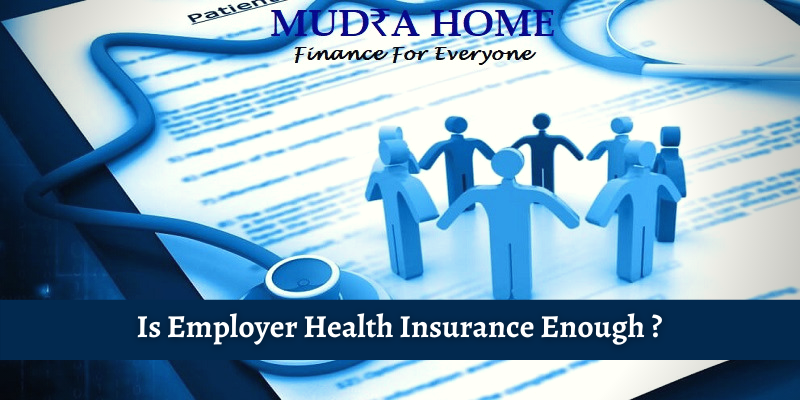
One of the few reasons that employees don’t buy individual health insurance is to have their employer’s health insurance plan. While such coverage is really helpful, you could suffer a brutal blow if, during a medical emergency, you discover that your employer’s health insurance is insufficient.
It is important to understand the pros and cons of the HEALTH INSURANCE plans offered by employers. Employer-provided health insurance is typically a master policy that covers all employees in the organization. It should be noted that employer-provided health insurance plans, also known as group insurance plans, come with certain conditions that can be unfavorable and often provide limited coverage due to the lower limits set forth below. many cooks. Someone who relies solely on their employer’s health insurance should know that they may not be fully insured.
An important, but often overlooked limitation of employer health insurance is that it only applies for as long as one is employed in a particular organization. People often forget that they (and therefore their families) are not insured in the meantime between jobs. There have been cases of medical emergencies that employees/family members have encountered between workplaces. The new company may also not offer health insurance to its employees.
There are other restrictions on employer health insurance. Employer health insurance coverage becomes invalid if the organization fails to pay the premium or if the insurer withdraws from the contract. Additionally, many companies exclude older parents from their employees’ health policies. An employee has few options in such situations. These guidelines may not cover various expenses. Pre-illness and post-illness costs such as diagnostic tests, medical expenses, nursing care, ambulance costs, etc. may not be included in employer-provided health insurance plans, but maybe an amount significant.
An employer’s health insurance is tied to the employer and therefore dependent on the individual’s connection to their employer. However, the need for health insurance is most acute when you are in your 50s and retire. Plus, lifetime renewal and lack of copay in recent years are some of the most sought-after features these days. However, after receiving health insurance from the employer until retirement, it can be difficult for a person to obtain new external health insurance after retirement (60-65 years). Even if you manage to purchase outside health insurance after retirement, the premium on the new policy could be very high.
There is no denying that purchasing health insurance offers great benefits. The premiums for these policies are low compared to the sum insured compared to individual policies. Employer health policies are also available without any major restrictions. The best part is that even pre-existing medical conditions are covered by these guidelines. An employee is not denied health insurance due to advanced age or medical history.
Employer health insurance may seem attractive compared to individual health insurance plans, but it is not a complete solution. Given the limitations of these plans, it is advisable to purchase separate health insurance (individual or floating) for you and your family, in addition to your employer’s health insurance. For someone with health insurance from an employer, it is a good idea to purchase regular indemnity health insurance, fixed benefits insurance, or an add-on plan.